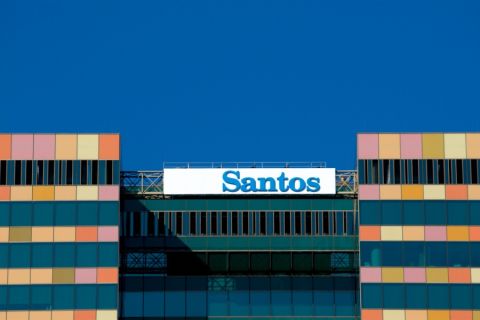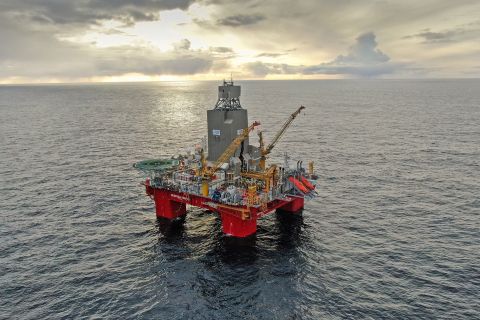Shell has acquired NewMotion, the largest electric vehicle charging network in Europe, the company said on Oct. 12.
Royal Dutch Shell (NSYE: RDS.A) has agreed to buy Dutch-based NewMotion, marking the company’s first deal in electric mobility as demand for cleaner vehicles is expected to soar.
Shell said NewMotion, which manages over 30,000 charging points for electric vehicles in western Europe and offers access to thousands more, will operate in parallel to Shell’s program of rolling out fast charging points at its forecourts.
“They’re complementary offers. One is fast charging on the go on the forecourt and the other is a slightly slower rate of charge at the workplace or at home. At this stage there are no plans to integrate the two,” Matthew Tipper, Shell’s vice president for new fuels, said.
Shell is installing electric vehicle charging points at retail stations in Britain, the Netherlands, Norway and the Philippines.
Demand for electric vehicles is expected to rise significantly in coming decades and Morgan Stanley estimates that 1 million to3 million public charging points could be needed in western Europe by 2030. Currently, there are fewer than 100,000.
Shell expects around a quarter of the world’s car fleet to be electric by 2040.
Oil companies are growing increasingly aware of the potential threat to parts of their downstream business from the electrification of transport.
Rival BP (NYSE: BP) said in August it was in talks with electric vehicle makers about partnering to offer charging stations at its retail sites.
NewMotion, founded in 2009, has more than 100,000 registered charge card users in Europe and offers access to its own charging points as well as another 50,000 partner locations.
In September, NewMotion signed a deal with Total (NYSE: TOT) to allow the French oil company’s customers access to its electric vehicle charging network.
Shell and NewMotion declined to comment on the value of Thursday’s takeover.
NewMotion had a net turnover of €12.9 million (US$15.3 million) and made a net loss of €3.9 million (US$4.6 million) in 2016, according to its financial statement filed with the Dutch chamber of commerce.
Recommended Reading
US Drillers Add Oil, Gas Rigs for First Time in Five Weeks
2024-04-19 - The oil and gas rig count, an early indicator of future output, rose by two to 619 in the week to April 19.
Strike Energy Updates 3D Seismic Acquisition in Perth Basin
2024-04-19 - Strike Energy completed its 3D seismic acquisition of Ocean Hill on schedule and under budget, the company said.
Santos’ Pikka Phase 1 in Alaska to Deliver First Oil by 2026
2024-04-18 - Australia's Santos expects first oil to flow from the 80,000 bbl/d Pikka Phase 1 project in Alaska by 2026, diversifying Santos' portfolio and reducing geographic concentration risk.
Iraq to Seek Bids for Oil, Gas Contracts April 27
2024-04-18 - Iraq will auction 30 new oil and gas projects in two licensing rounds distributed across the country.
Vår Energi Hits Oil with Ringhorne North
2024-04-17 - Vår Energi’s North Sea discovery de-risks drilling prospects in the area and could be tied back to Balder area infrastructure.



